Why “Normal” Loneliness Is a Bigger Health Risk for Americans Than Smoking
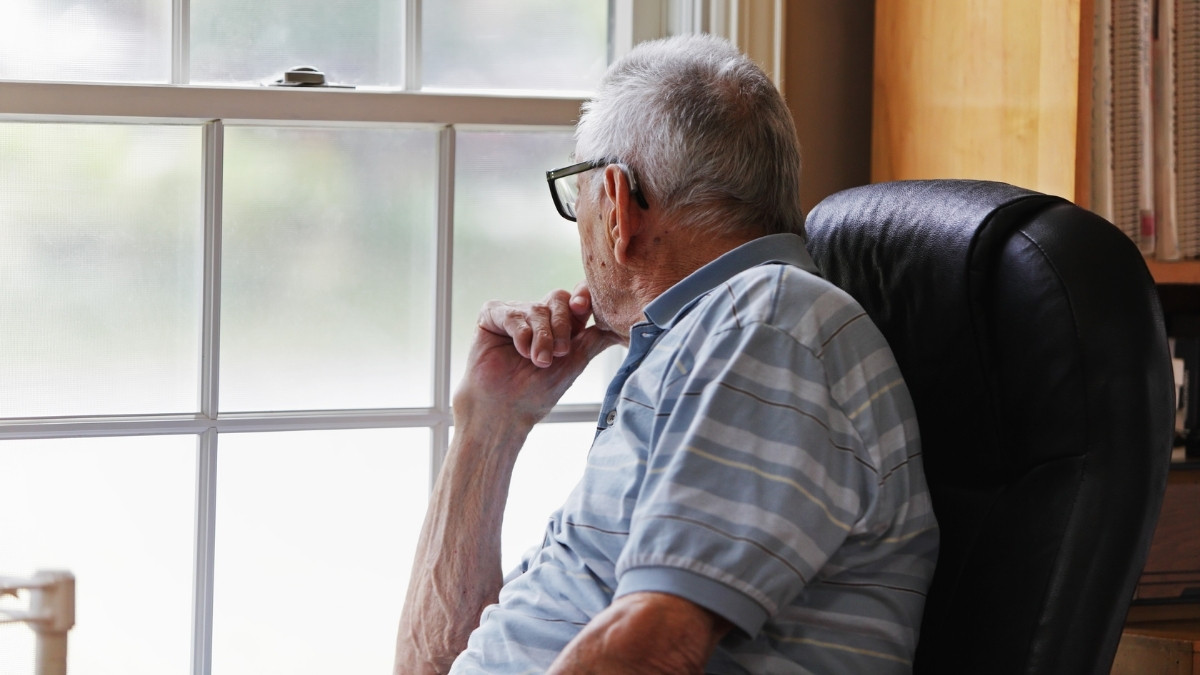
Most Americans know the dangers of smoking. We quit at record rates. But what if a silent, “normal” part of modern life is just as deadly?
You track your steps, eat right, and avoid cigarettes. But you might be overlooking the biggest factor in your health: your social connection. That “busy but disconnected” feeling is not just a bad mood. It is a serious loneliness health risk.
This article breaks down the hard science of why loneliness is so dangerous. We will show you what the social isolation effects are on your body. We will also give you simple, actionable steps to build real connection and longevity.
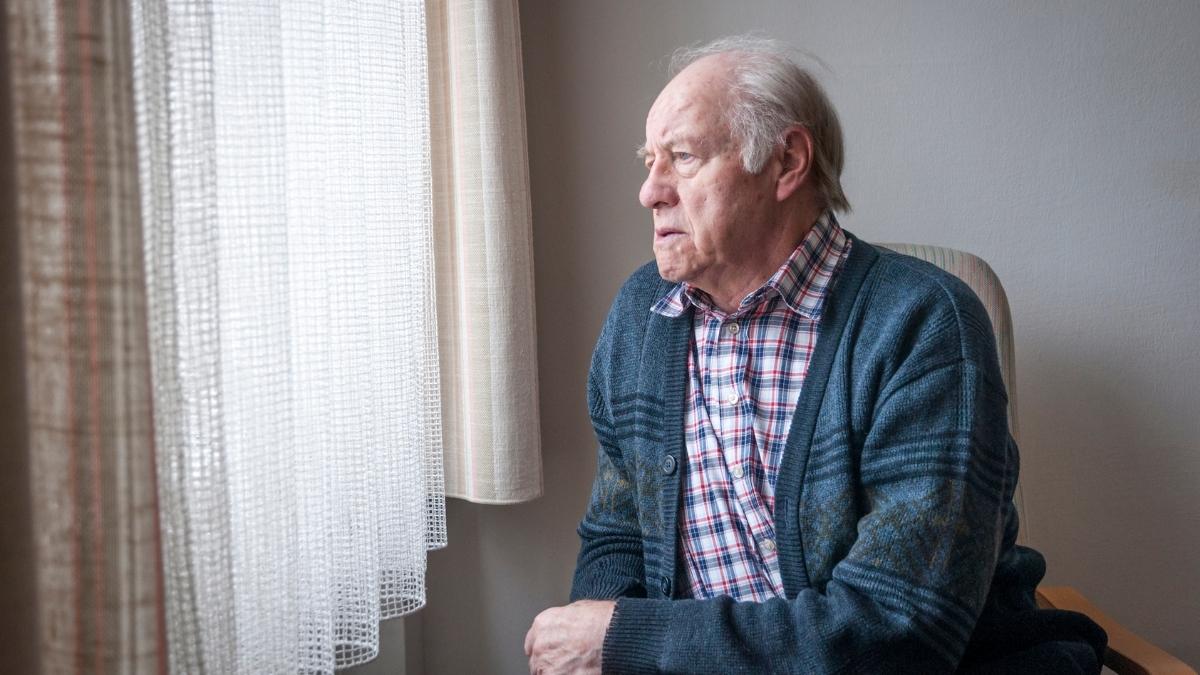
🚨 The Loneliness Crisis 🚨
Click each block to discover the shocking truth
Social isolation carries the same death risk as smoking 15 cigarettes daily.
Dr. Julianne Holt-Lunstad’s research reveals this isn’t just a feeling—it’s a measurable health threat that rivals smoking.
Chronic loneliness floods your body with cortisol, causing inflammation and damaging blood vessels. The U.S. Surgeon General identifies this as a bigger threat than obesity.
Physical Effects:
- Major risk factor for cognitive decline & dementia
- Weakened immune system (more colds & infections)
- Disrupted sleep with “micro-awakenings”
- Chronic body-wide inflammation
Warning Signs:
- All conversations are transactional (tasks, not feelings)
- You “social snack” on social media instead of real connection
- You hesitate to “bother” anyone for help
- No sense of “tribe” or belonging to a group
Your brain can’t tell the difference between:
“My friends are busy tonight” and “A saber-toothed tiger is outside”
Being alone meant death for early humans. Your body still treats isolation as an emergency, triggering chronic stress and inflammation 24/7.
Social Fitness Steps:
- Start micro-connections (chat with barista, compliment coworkers)
- Send a simple “thinking of you” text to an old friend
- Schedule social time like you schedule the gym
- Volunteer 1 hour/week or offer 5-minute favors
- Join a group (hobby club, volunteer team, book group)
👆 Click any block to explore the details 👆
The “New Smoking”: Why Experts Compare Loneliness to 15 Cigarettes a Day
It sounds shocking, but it’s true. Research from Dr. Julianne Holt-Lunstad shows that being socially isolated carries a death risk equal to smoking 15 cigarettes every day. We focus on diet and exercise, but often ignore this massive loneliness health risk.
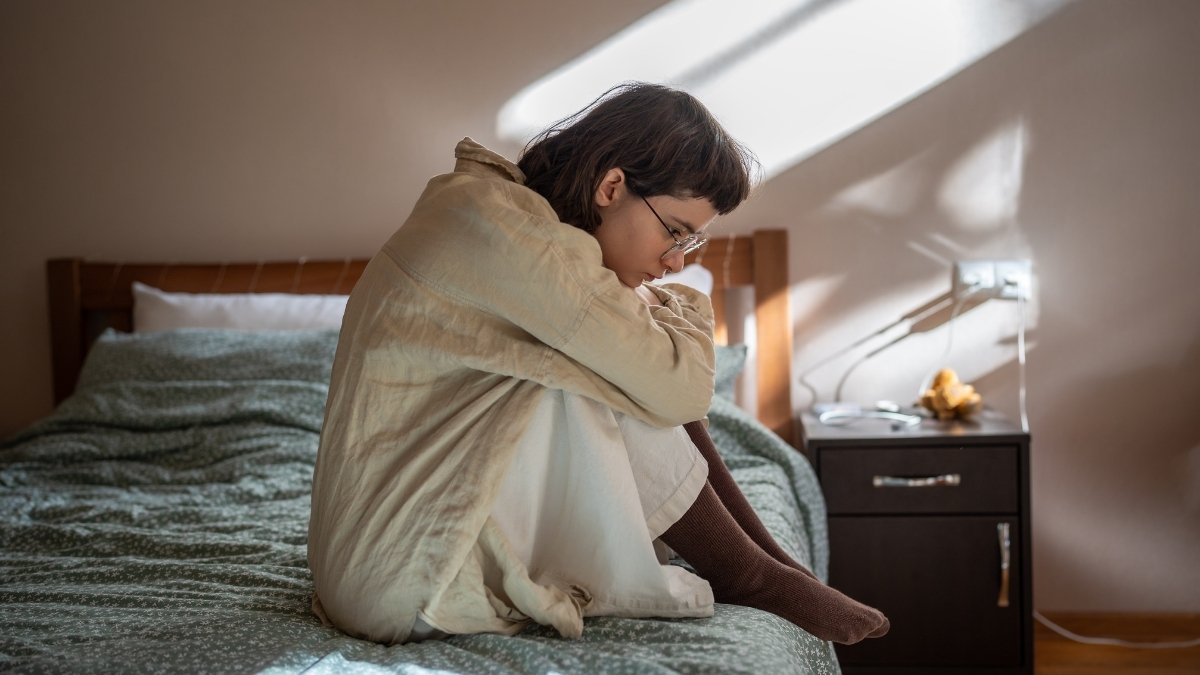
So why is the loneliness vs smoking comparison so serious? It is not just about feeling sad. When you are lonely, your body’s alarm system turns on. This puts you in a low-grade “fight or flight” mode, flooding you with the stress chemical cortisol.
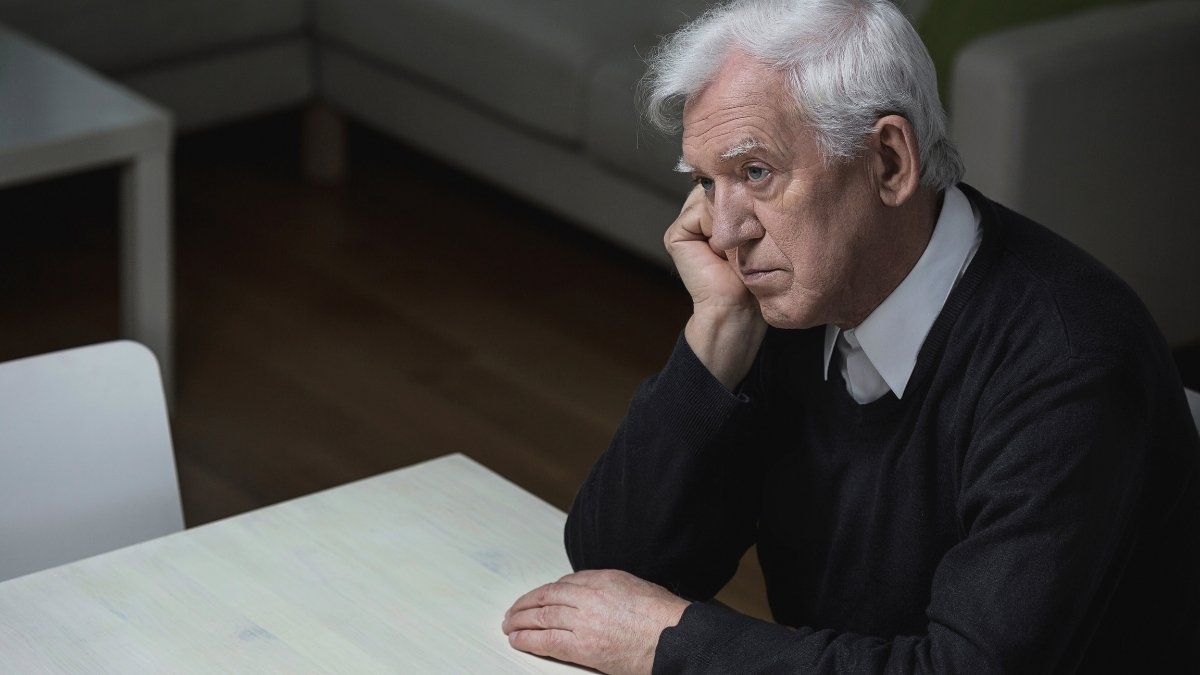
This constant stress causes body-wide inflammation, a problem linked to heart disease and strokes. We treat smoking as a choice. We see loneliness as just a feeling. But the U.S. Surgeon General, Dr. Vivek Murthy, warns these social isolation effects are a bigger health threat than obesity. It’s a real condition you can manage.
Why “Normal” American Loneliness Is a Unique Threat
This isn’t the loneliness of a hermit. It is the “loneliness of a full calendar.” You might have 1,000 digital friends but no one to call in an emergency. This is the specific loneliness health risk facing many Americans.
Our culture often makes this worse. We are taught to be rugged individuals and “pull yourself up by your bootstraps.” This “hustle culture” means we often see rest and community time as lazy, not as vital for our health.
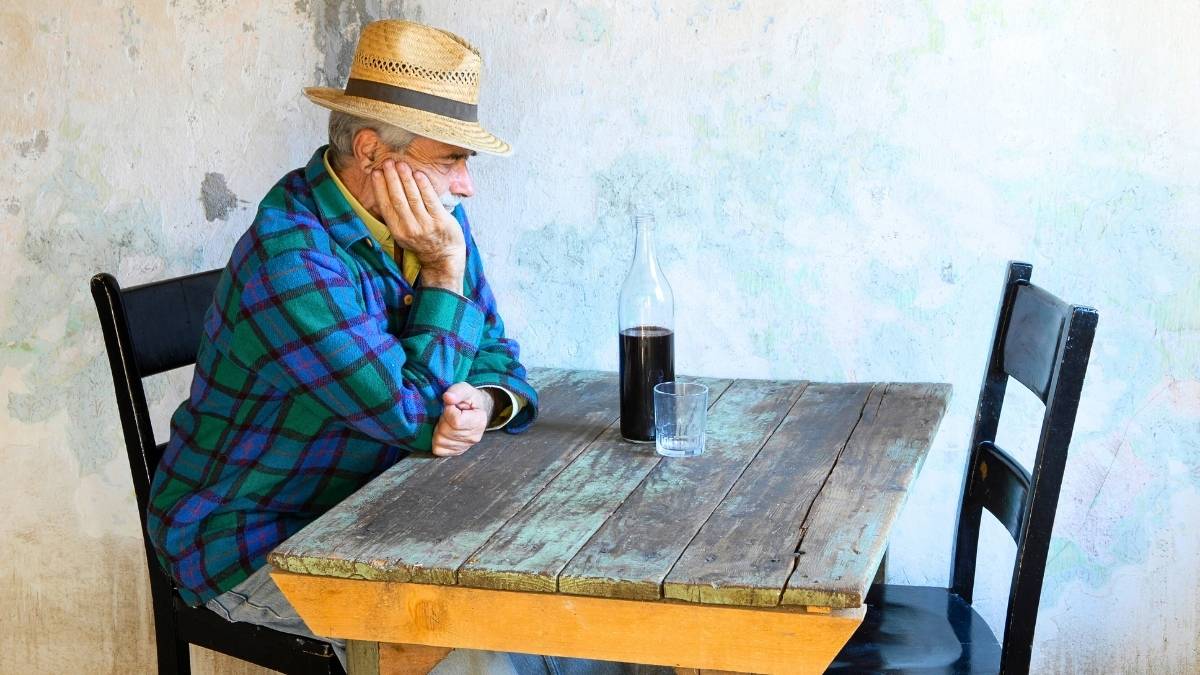
We also lost our “third places.” These were the spots outside home and work, like parks, libraries, or local clubs. This is where casual, supportive friendships used to happen naturally.
Social media can deepen the social isolation effects. It gives you the feeling of connection but often leaves you feeling more isolated and compared. A Zoom call just is not the same as a real, in-person coffee.
The Physical Verdict: What Isolation Does to Your Body
Your body keeps the score. The loneliness health risk is not just in your head. It shows up in your blood, your brain, and your immune system.
Chronic loneliness puts huge stress on your heart. The U.S. Surgeon General’s 2023 report links it to a 29% higher risk of heart disease and a 32% higher risk of stroke. This is because high cortisol from stress damages your blood vessels.
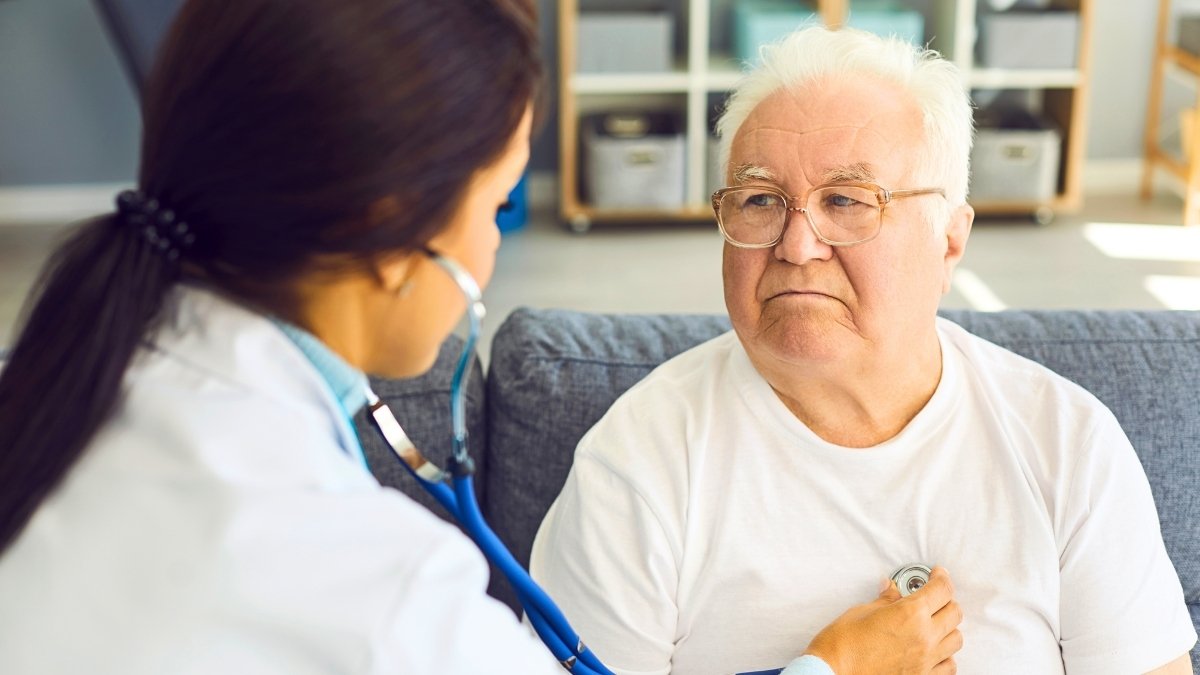
These social isolation effects also weaken your body’s defenses. You might catch more colds. If you already have inflammation, loneliness can make it worse.
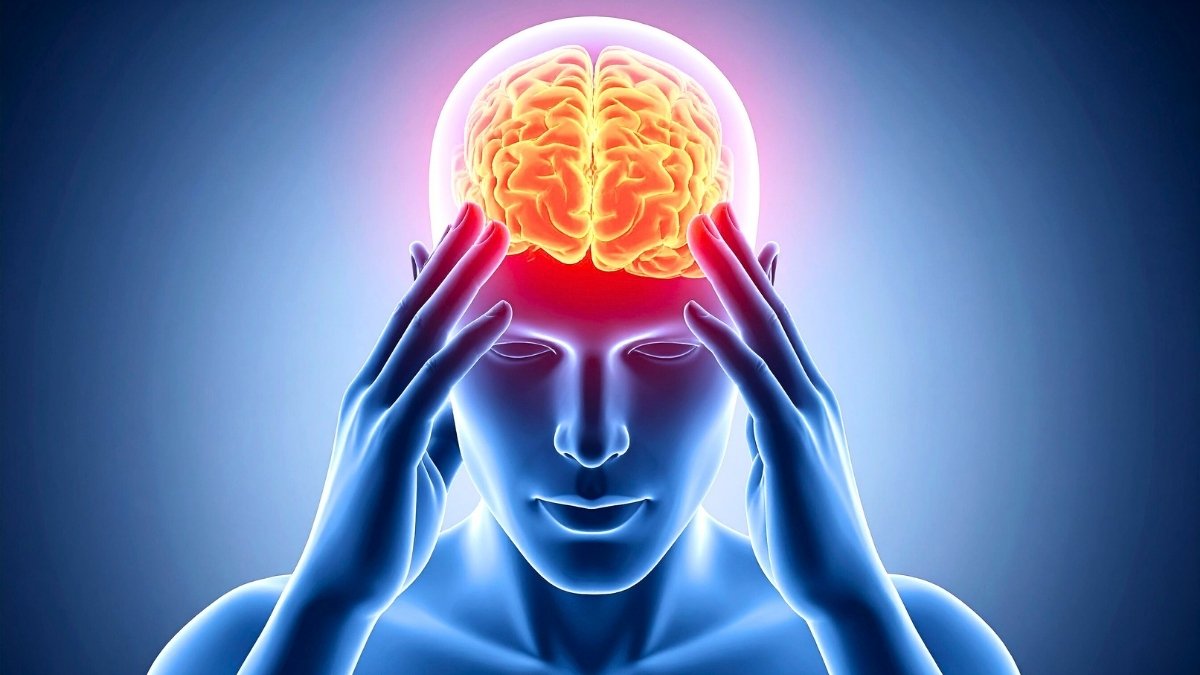
It affects your brain, too. Loneliness is a major risk factor for cognitive decline and dementia, which hurts your long-term connection and longevity. Finally, it breaks your sleep with tiny “micro-awakenings,” leaving you tired and making every other health problem worse.
How to “Quit” Loneliness: A Practical Plan for Social Health
You do not need to “make more friends” to fix this. Think of it as social fitness—small, consistent actions you take every day. This is how you build real connection and longevity and fight the loneliness health risk.
Start with micro-connections. These are small, positive moments with other people. Chat with the barista at the coffee shop. Give a genuine compliment to a coworker.

Send a simple text to an old friend: “Hey, saw [this movie] and it made me think of you. Hope you’re doing well.” You schedule the gym, so schedule your social health, too. Put that weekly call or monthly dinner on your calendar.
The fastest way out of isolation is often to be useful. Volunteer for one hour a week. Offer a 5-minute favor, like helping a neighbor carry in groceries. These small acts build a strong community around you.
A Primal Need: Why Your Body Treats Loneliness as a Physical Threat
Your body is hardwired for connection. For early humans, being alone was a death sentence. If you were separated from your tribe, you had no protection from predators and no one to share food with.
Your brain still sees isolation as the ultimate emergency. It cannot tell the difference between “my friends are busy tonight” and “a saber-toothed tiger is outside.” This triggers a physical panic response and floods your body with stress chemicals like cortisol.
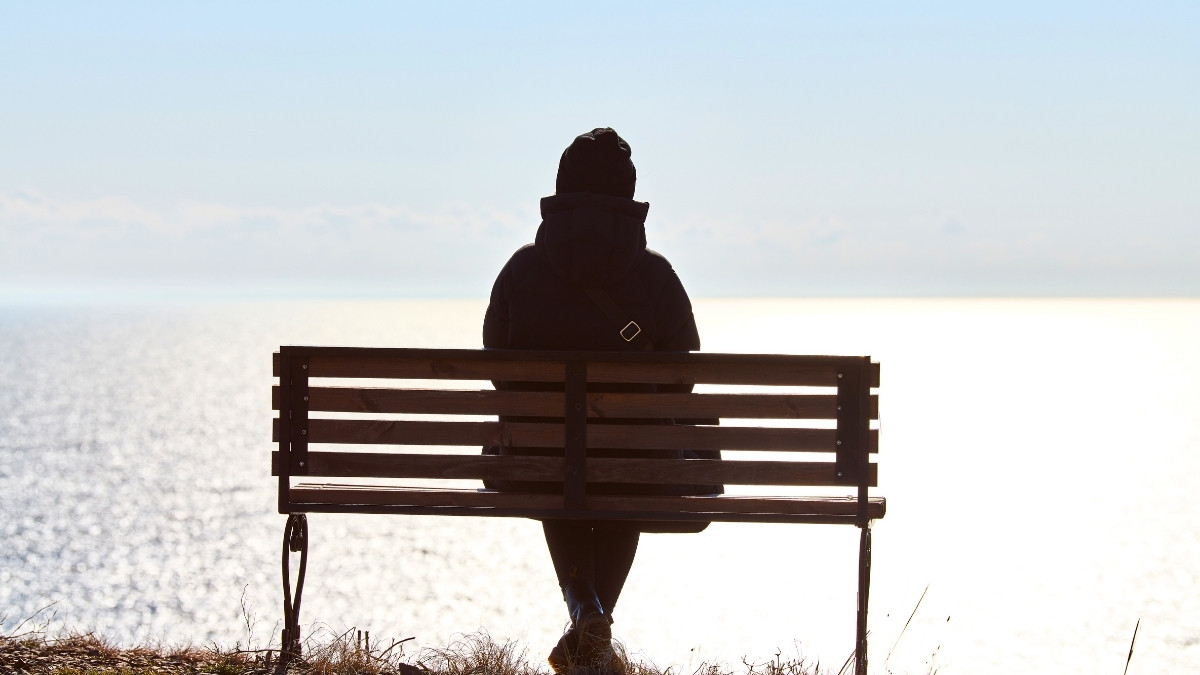
This response is meant to save your life in a short burst. But in modern loneliness, the alarm never shuts off. This creates chronic, low-grade inflammation, which is a core loneliness health risk and a driver of the social isolation effects.
It is like a faulty smoke detector. The alarm (inflammation) blares 24/7 for a tiny puff of smoke, causing more damage than the small fire ever could. This is why the loneliness vs smoking comparison is so accurate.
Are You “Busy-Lonely”? 4 Signs You’re More Isolated Than You Think
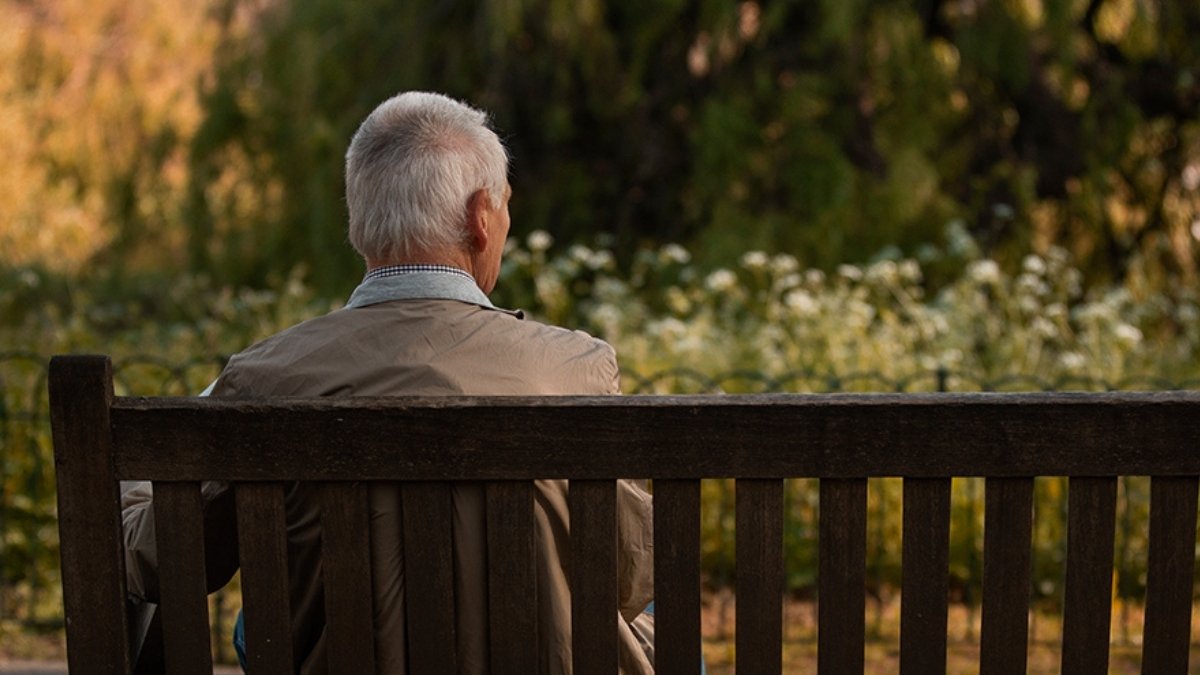
Your calendar is full. Your phone buzzes all day. You talk to people constantly. But you still feel alone.
This is called “busy-lonely” or functional loneliness. It is not about being by yourself. It is about lacking real connection despite a packed schedule and a long contact list. You can be in a crowded room and still feel completely alone.
Here are the warning signs that you might be more isolated than you realize.
Sign 1: All Your Talk is “Transactional”
Your conversations are about logistics. You talk about work deadlines, grocery lists, or carpools. You coordinate schedules and solve problems. But you never just talk.

You lack “vulnerable” or “pointless” conversations. When was the last time you told someone how you really felt? When did you last laugh about something silly with a friend for no reason? If every conversation has a purpose or a task attached, you are missing the human connection part.
Sign 2: You “Social Snack” on Social Media
You scroll through Instagram or Facebook to feel connected. You read comments and look at photos. You feel like you are part of something. But here is the problem. This is the illusion of connection without the real biological benefit.
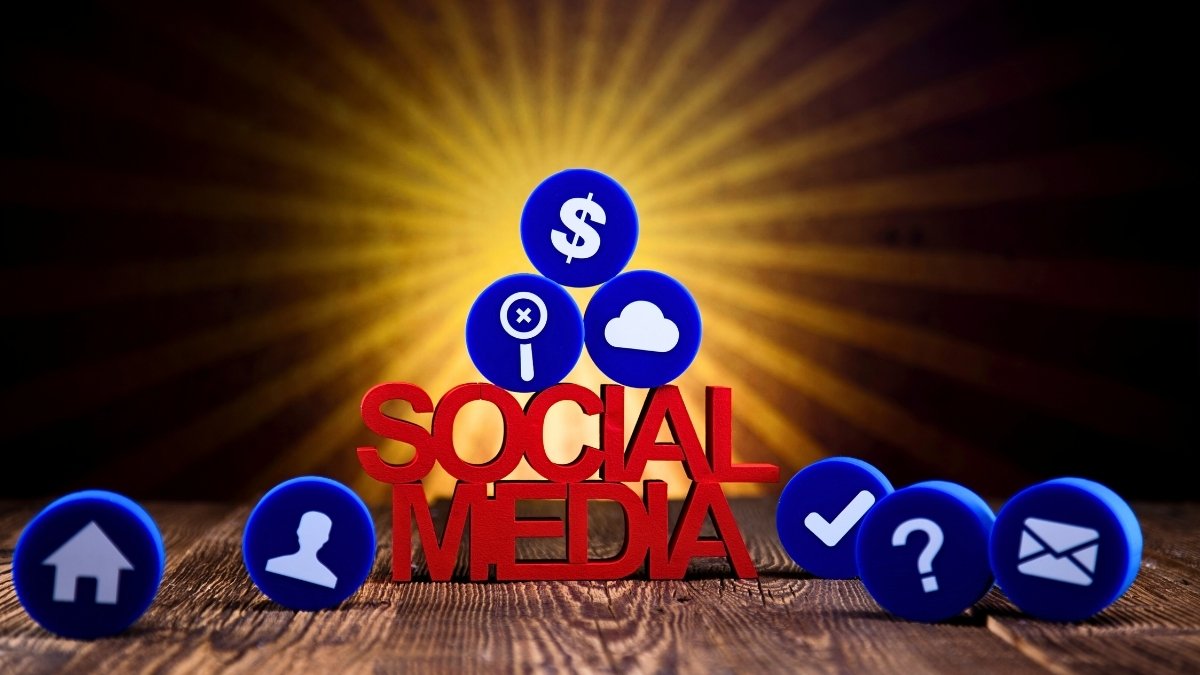
A 10-minute phone call where you hear someone’s voice does more for your health than an hour of scrolling. Real-time, one-on-one interaction is what your brain and body need. Social media is a snack. It cannot replace a real meal.
Sign 3: You Hesitate to “Bother” Anyone
You have a problem. It could be big or small. Your first thought is, “I have no one to call.” Or worse, you think, “I can’t bother anyone with this.”
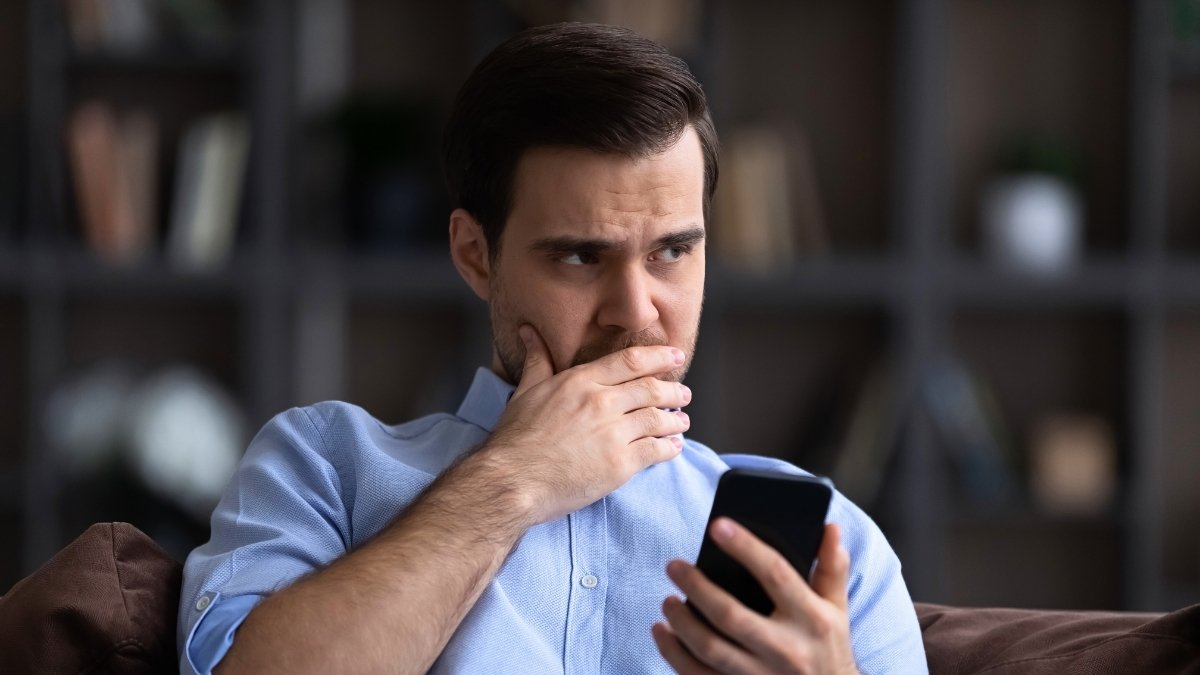
If you believe everyone would feel “put out” by your request for help, that is a red flag. Real connection means you have people who want to help. You have friends who are glad you called, not annoyed. If you cannot think of a single person who fits that description, you are isolated.
Sign 4: You Feel No Sense of “Tribe”
You are not part of a group. You do not have a hobby club, a volunteer team, a book group, or a faith community. You lack a place where you feel a sense of shared identity and mutual support.
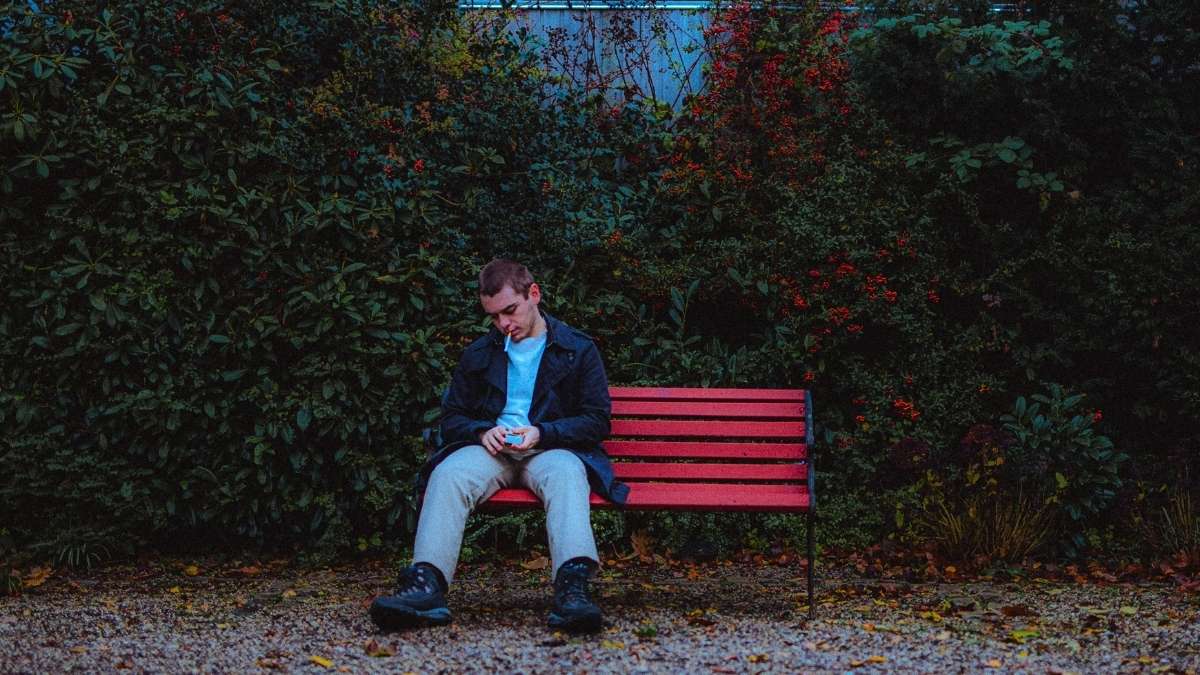
This matters because humans need to belong. We need a tribe. A group gives you a reason to show up. It gives you people who notice when you are missing. Without this, you are just drifting.
Lastly,
Decades ago, Americans quit smoking in large numbers. We did it because the science became impossible to ignore. Today, the science on the loneliness health risk is just as clear. This is not just a passing feeling. It is a physical crisis that quietly damages your body.
Do not let this “normal” part of life control your health. You can take action this week. Look back at the list in this article and pick one small, simple thing.
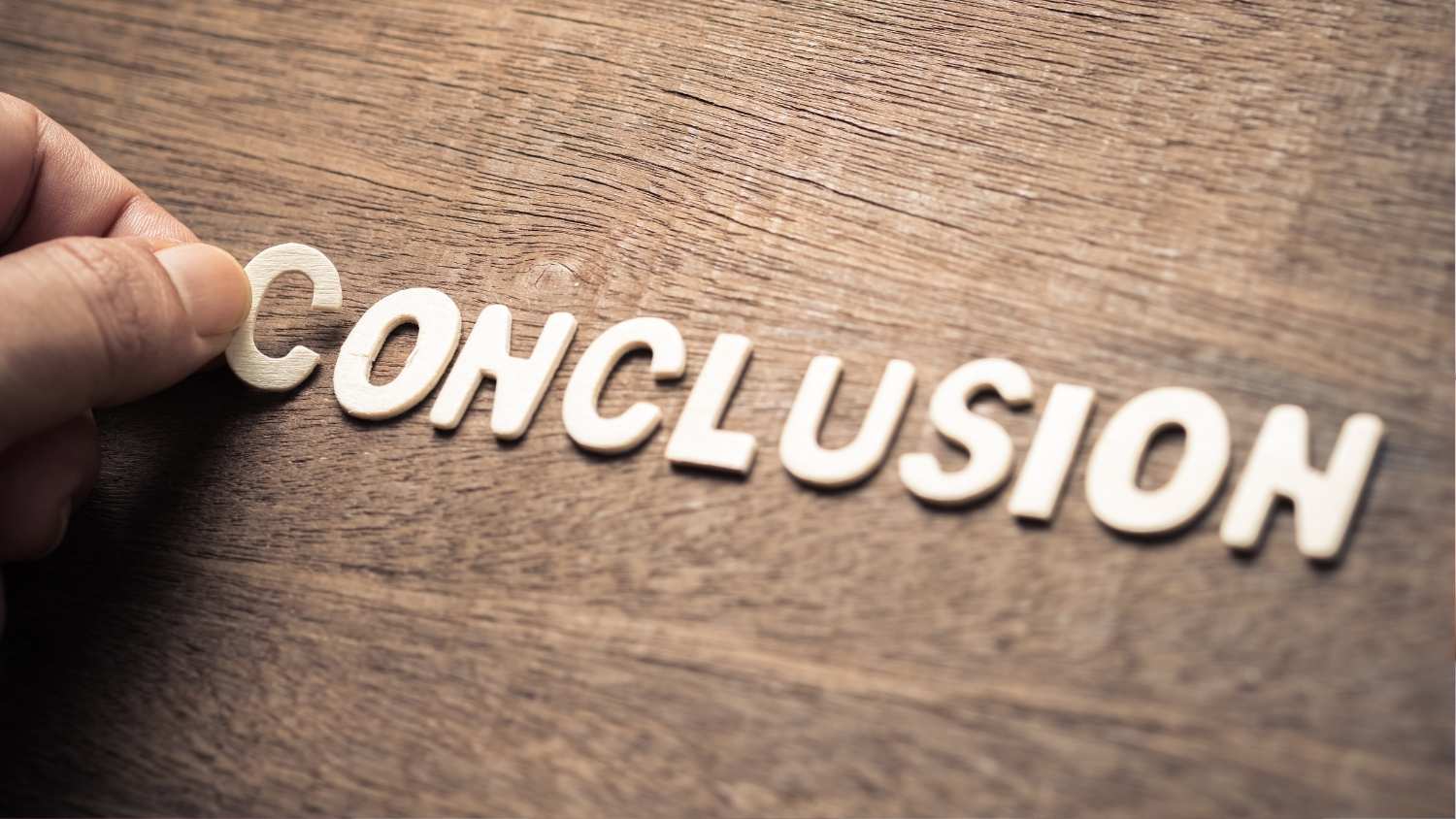
Schedule that call. Send that text to an old friend. Building connection and longevity is one of the most powerful health choices you can make, and your long-term health depends on it.
Feeling ‘busy-lonely’? This normal loneliness health risk is deadlier than smoking. Learn the science and the steps to protect your health.






